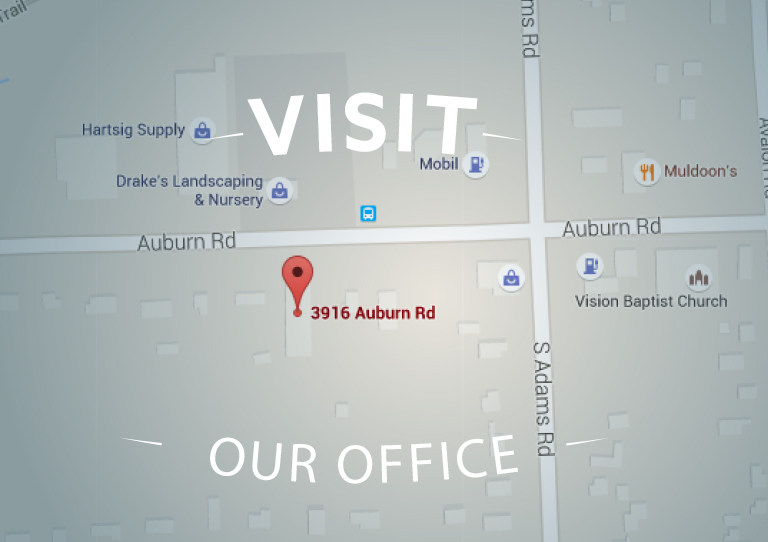 TMJ disorder, or temporomandibular joint disorder, is common enough that many people recognize it as a dysfunction in the jaw joints. If they experience any discomfort in their jaw or bite, they may wonder if TMJ disorder is the cause of it. However, the causes and symptoms of TMJ disorder can vary greatly, and sometimes, it isn’t easy to determine if you have it. Today, we look at what TMJ disorder means, as well as some of the more common symptoms that might warn you to seek treatment for it from your dentist.
TMJ disorder, or temporomandibular joint disorder, is common enough that many people recognize it as a dysfunction in the jaw joints. If they experience any discomfort in their jaw or bite, they may wonder if TMJ disorder is the cause of it. However, the causes and symptoms of TMJ disorder can vary greatly, and sometimes, it isn’t easy to determine if you have it. Today, we look at what TMJ disorder means, as well as some of the more common symptoms that might warn you to seek treatment for it from your dentist.
Understanding what TMJ disorder means
TMJ disorder isn’t always the same for everyone who develops it. Your temporomandibular joints are the two large joints on either side of your jaw, where your mandible connects to your skull. These joints are complex hinges that allow your lower jaw to open, close, and move whenever you bite, chew, speak, or more. A disorder can develop if one or both of these joints become compromised in a way that inhibits their ability to function properly and together. This can cause a variety of different aches, pains, discomforts, and difficulties with your jaw’s ability to move.
Some of the more common symptoms
Because TMJ disorder originates in your jaw’s joints, pain and soreness in your jaw are among the more common symptoms of it. You may notice your jaw muscles becoming tired or exhausted in the middle of the day, or feeling overworked when you wake up in the morning. Your jaw might also pop or click when you open and close it, which is an indication that your TMJs are not aligned properly. In addition to jaw pain, TMJ disorder can also lead to several other symptoms as it advances, including:
- Chronic headaches and/or migraines
- Tinnitus (pain and/or ringing in your ears)
- Consistent teeth-grinding, or bruxism
- Difficulty biting and chewing different foods
- Aching muscles in your face, neck, and/or shoulders
- And more
Finding relief from TMJ disorder
If you develop one or more symptoms that might be related to TMJ disorder, it’s important to have your dentist assess your oral health and bite function as soon as possible. Damage to your jaw joints will grow worse over time, as will the resulting aches and pains that are associated with the disorder. Some symptoms, such as chronic teeth-grinding, can also lead to more severe oral health concerns, such as damage to your teeth, that may require additional treatment to restore.
Learn if you can benefit from TMJ treatment
If you experience symptoms that make you suspect you have TMJ disorder, then find out for sure by visiting your dentist as soon as possible. To learn more, schedule an appointment or initial consultation by calling Advanced Dental Concepts in Auburn Hills, MI, today at (248) 852-1820.



